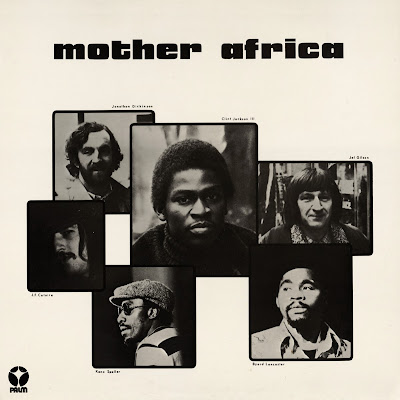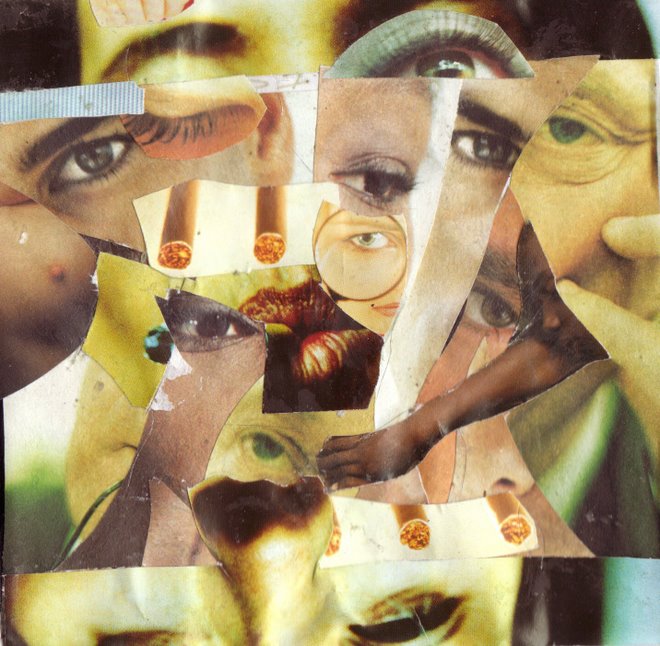Walter Zimmermann (born Schwabach, Germany, April 15, 1949) is a German composer associated with the Cologne School.
Zimmermann studied composition in Germany with Werner Heider and Mauricio Kagel, the theory of musical intelligence at the Institute of Sonology in Utrecht (now located in The Hague), and computer music at Colgate University in New York.
Zimmerman's works are infused by a personal adaptation of minimal technique. Whereas many early American minimalist composers were influenced in their works by rock, jazz, and world musics, Zimmermann has drawn a great deal of inspiration from his Franconian heritage. A number of his works, particularly his groups of pieces known as Lokale Musik, use the traditional music of this area as source material. These works frequently begin with melodic material derived from Franconian folk songs, which are rearranged and transformed in novel ways.
In 1976, Zimmermann published a collection of interviews with American musicians and composers entitled Desert Plants: Conversations With 23 American Musicians. (source:
Wikipedia)
See also his own webside - recommended readings...
here.
If you like this music I urge you to buy CDs from him. Especially a new recording on
Mode Records were parts of this LP are presented in new interpretations. Very fine version of "10 Fränkische Tänze" with two string quartets. One playing the composition presented here plus a quartet playing a drone.
Also another recent release on Maria de Alvears label
World-Edition which has four works with greater ensembles/orchestra.
Lokale Musik - local music.
A kind of anti-"world-music" but
sublimated, substituted, transformed and "transcended" as Walter
Zimmermann has put it in the description of the four parts from "Leichte
Tänze" (airy dances but also "easy").
Some rough translations/explanations by the custodian of the fountain :
Kärwamelodien - "Kärwa" means in franconian dialect church anniversary but also country/parish fair.
Wolkenorte - "Wolken" means clouds and "Orte" means place/location/site/scene/lieu.
Riuti: hard to translate - refers to the landscapes of wine cultivation.
Wüstungen
und Rodungen - also hard to explain (for me) - a "Wüstung" refers to a
settlement or an agraic area which was abandoned before the modern times
(ca.16th century), but is still remembered in field-names, old
charters/documents, in local oral tradition/lore.
"Rodungen" connotes to the clearing/uprooting of an area for farming purposes.
The word "Rodung" is also related to the term "ausrotten" - to extirpate or to eradicate.
Keuper: shell limestone - a geological formation and a form of soil which is characteristic for the franconian wine district.
Ländler: a slow dance in the beat of 3/4.
Phran + Topar: no clue at all on my side...
Streichglasspiel - an instrument made of glass which is (gently) bowed (also with the fingers).
Stille Tänze - silent dance(s).
Namenlose
Zwiefache: "Namenlos" means simply nameless and "Zwiefache" is a fast
south-german folk dance which alternates constantly between a
spinning/rotating movement and a waltz-like dance.
And finally - "Der Tanz und der Schmerz" - dance and pain/sorrow.
Lokale Music is a landmark, not only as a remarkable body of music, but
as a model of a composing as a project that connects the musical to the
historical, ethnological, social and psychological, and one in which
these connections are never musically trivial.
Daniel Wolf (http://renewablemusic.blogspot.com)
(CD 1)
PROLOG:
1. Ephemer (18:19) für Klaviertrio
Geschrieben für das Clementi-Trio:
Konstantin Gockel, violin
Manuel Gerstner, cello
Deborah Richardis, piano
LÄNDLER TOPOGRAPHIEN (41:02)
für Orchester
2. Phran (17:02)
3. Topan (24:00)
LEICHTE TÄNZE
4. 10 fränkische Tänze (11:47)
sublimiert für Streichquartett
5. 25 Kärwamelodien (05:29)
substituiert für 2 Klarinetten
John Corbett & Michael Riessler, clarinet
(CD 2)
1. 20 Figurentänze (06:58)
transformiert für 6 Instrumente
John Corbett & Michael Riessler, clarinet
Bruno Piroth, trumpet
Konstantin Gockel, violin
Gerhard Köhn, violin
Martin Ingenhütt, double bass
2. 15 Zwiefache (06:13)
transzendiert für Gitarre
Hubert Machnik, guitar
3. WOLKENORTE (24:59)
für Harfe
Gabriele Emde, harp
STILLE TÄNZE
4. Erd-Wasser-Lufttöne (08:27)
für Klavier, Streichglasspiel und Posaune
Stephan Sauvageot, trombone
John McAlpine, piano
Hubert Machnik, streichglasspiel
5. Riuti, Wüstungen und Rodungen (07:30)
für einen Schlagzeuger
Martin Schulz, percussion & voice
6. Keuper. Namenlose Zwiefache (06:30)
für Streichquartett
Konstantin Gockel, violin
Gerhard Köhn, violin
Horst Enger, viola
Manuel Gerstner, cello
EPILOG:
7. DER TANZ UND DER SCHMERZ (08:10)
für 13 Instrumente
John Corbett & Michael Riessler, clarinet
Bruno Piroth, trumpet
Stephan Sauvageot, trombone & alto trombone
Gabriele Emde, harp & voice
Hubert Machnik, guitar
John McAlpine, (hammered) dulcimer
Martin Schulz, percussion & voice
Martin Ingenhütt, double bass
Konstantin Gockel, violin
Gerhard Köhn, violin
Horst Enger, viola
Manuel Gerstner, cello
Walter Zimmermann, conductor
Dates of recording:
Prolog - 18 Feb. 1982
Ländler Topographien - 28 March 1981
Leichte Tänze - 9 Feb. 1982
Wolkenorte - 10 Jan. 1982
Epilog - 9 Jan. 1982
Edition Theater am Turm (1982)
(lp rip)


















































.jpg)













